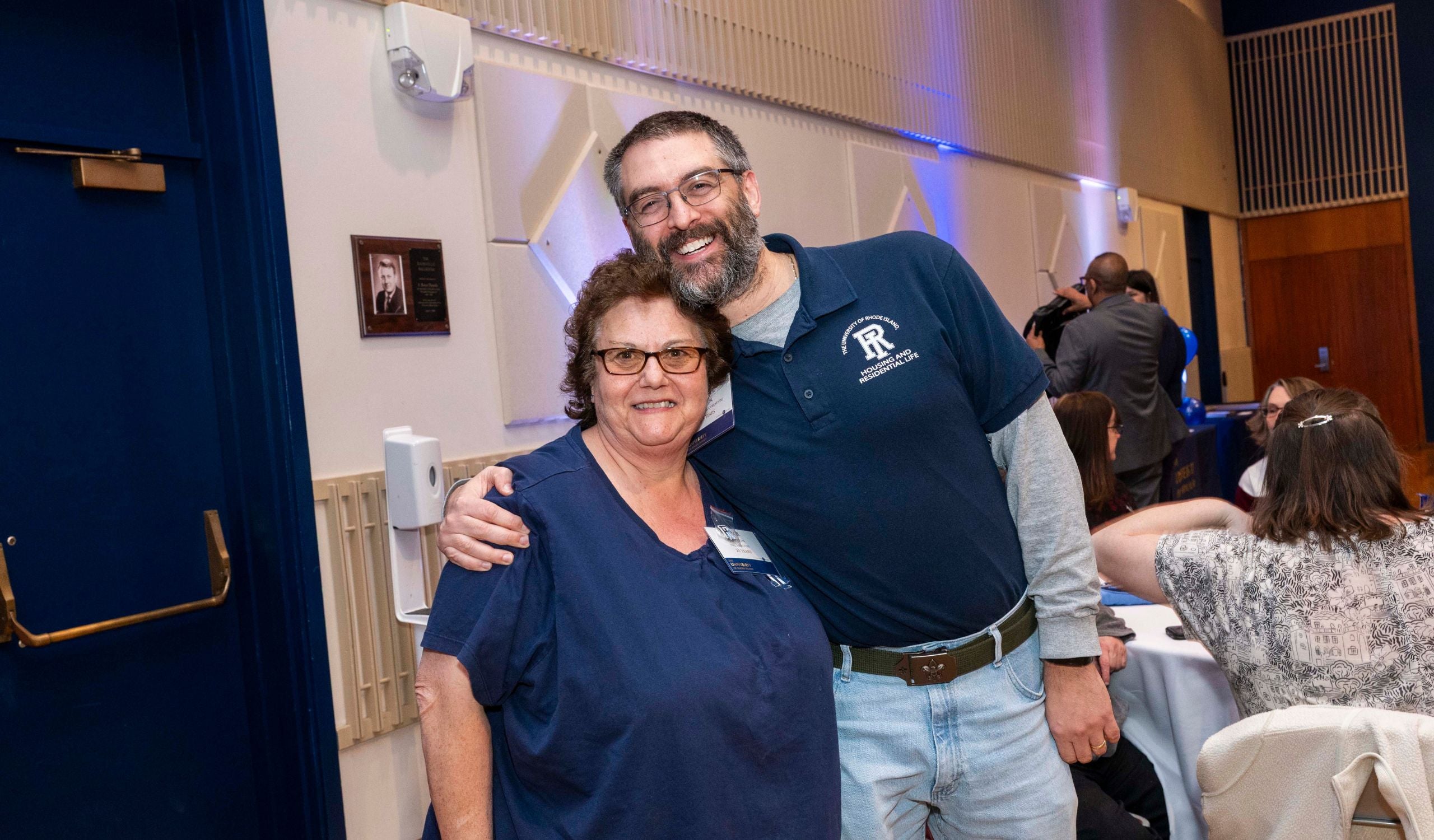State of RI ERP Transition (RI ERP)
The State of Rhode Island launched a new Enterprise Resource Planning (ERP) system on Sunday, November 16th, that will simplify and streamline its human resources, payroll, and finance systems.
For more information about this transition, go to https://erp.ecms.ri.gov/my-agency-info/education/university-rhode-island-uri.
For Paycheck Issues: If you have questions or concerns about your State of Rhode Island paycheck, please contact the State of RI Payroll Call Center from Monday-Friday, 8 a.m.-8 p.m. The number is 877-647-4633.
Be ready to verify your identity with the last four digits of your Social Security number, your birth year, and your home zip code.
If you need help accessing RI ERP, please reach out to the URI Help Desk at: helpdesk@uri.edu.
The University of Rhode Island offers students, faculty, and staff a thriving, welcoming community, a strong sense of place, and endless opportunities. As a leading global research institution, URI has a strategic vision that looks to the future, driving positive social, economic, cultural, and environmental change.
At URI, we know that faculty and staff members are central to our success—each playing a part in moving the University forward—and we offer a comprehensive benefits package to support our employees. We invite you to explore our job postings and hope you find your opportunity to join us.
Why work at URI?
Explore the many benefits and perks of working at the University of Rhode Island.



